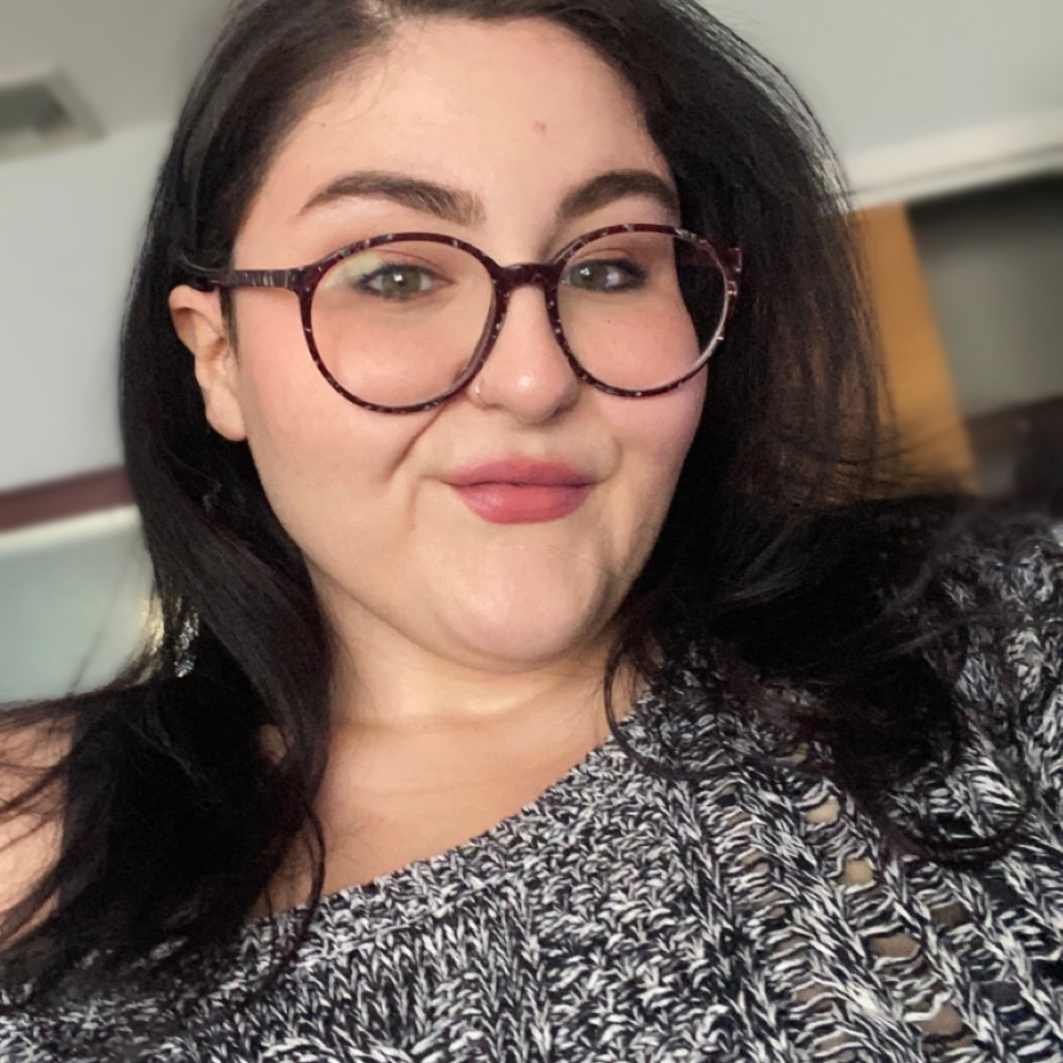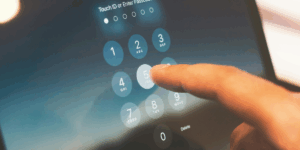Imagine a school nurse carefully monitoring a student’s asthma during a hectic school day, ensuring they can breathe easier and stay in class. Or picture a counselor providing a listening ear to a child struggling with anxiety, helping them find calm amidst the storm. These moments matter—not just for the students, but for the entire school community.
Yet, too often, Georgia school districts miss out on funding that could support these vital services, especially for Medicaid-eligible students who don’t have an Individualized Education Program (IEP). As special education professionals—counselors, service providers, superintendents, directors, and teachers—you’re on the front lines of this challenge. Go Solutions is here to share insights, drawn from years of navigating the complexities of school-based Medicaid, to help you maximize reimbursement and, in turn, amplify the care you provide.
💡 You can also download this resource as a PDF here.
The Hidden Hurdle: Missed Opportunities in Medicaid Billing
Let’s start with a reality many districts face: the funding gap. Schools across Georgia are stretched thin, balancing tight budgets while striving to meet students’ diverse needs. Medicaid reimbursement offers a lifeline—a way to recover costs for health-related services like nursing care, medication administration, and chronic condition management. Historically, this funding was tied to students with IEPs, where services like speech therapy or nursing were explicitly outlined. But here’s the opportunity: thousands of Medicaid-eligible students without IEPs also need these services, and Georgia has made strides to ensure they’re covered.
This isn’t just a paperwork issue—it’s a chance to bolster resources. In Georgia, nursing services stand out as a key billing opportunity. Unlike mass screenings (which Medicaid doesn’t cover), individualized nursing care—like administering medication, managing diabetes, or providing breathing treatments—can be reimbursable, even for students without an IEP. Yet, many districts aren’t fully tapping into this potential. Why? The rules can feel like a maze. Referral requirements, documentation demands, and lingering confusion from outdated policies create barriers. The result? Overworked staff, underfunded programs, and students who don’t get the full support they deserve. It’s a heavy burden—one that keeps dedicated professionals up at night, wondering how to do more with less.
A Game-Changer: Georgia’s Free Care Nursing Expansion
Here’s where hope enters the picture: Georgia’s free care nursing expansion. Prior to 2014, Medicaid’s “free care” rule limited reimbursement to services tied to IEPs or offered only to specific students—not those provided “free” to all. But that changed with the Centers for Medicare & Medicaid Services (CMS) 2014 guidance, opening the door for states to bill for services delivered to all Medicaid-enrolled students, regardless of IEP status. Georgia took this a step further when, as of October 1, 2021, the Department of Community Health (DCH) approved reimbursement for free care nursing services under its State Plan Amendment (SPA).
This shift is a game-changer. It allows Local Education Agencies (LEAs) to bill for nursing services prescribed and rendered under various plans of care—IEPs, Individualized Family Service Plans (IFSPs), 504 plans, or health plans (like those for meal modifications, seizures, or allergies)—as long as medical necessity is established. Plus, prior to Medicaid expansion in Georgia, only Registered Nurses (RNs) could bill for these services. Now, Licensed Practical Nurses (LPNs) can too, broadening the pool of providers and easing staffing pressures.
Why does this matter? Nursing services are the heartbeat of school health. They bridge medical needs with educational access—think of a student with diabetes needing insulin checks or a child with food allergies requiring anaphylaxis care. These are billable moments, and Georgia’s expansion ensures districts can sustain them. While there are no pending SPAs to expand beyond nursing at this time, this foundation is a powerful step forward. It mirrors successes in states like Louisiana, where nursing staff increased by 15% and revenue tripled after similar expansions. For you, this isn’t just about dollars; it’s about keeping students in class and thriving.

Navigating the Rules: How to Make It Work
So, how do you turn this opportunity into action? Let’s break it down with practical steps rooted in Georgia’s regulations and the broader Medicaid landscape.
First, establish medical necessity. In Georgia, billing for nursing services—like medication administration or tube feeding—requires a physician-signed referral, including a wellness check from the past 12 months. This isn’t optional; it’s the cornerstone of compliance. For a student without an IEP, this might mean working with families and doctors to secure that referral and parental consent. It’s extra effort, but it’s the difference between a denied claim and a reimbursed one. Note that Georgia does not allow billing for mass screenings (like vision or hearing tests) as some states, like Arizona, does—each service must be individualized and medically necessary.
Second, documentation is your superpower. Every billable service—say, a nurse providing a breathing treatment or managing a seizure—needs detailed records: date, time, provider credentials (RN or LPN), scope, frequency, duration, and service type. Tools like Go Solutions’ GoClaim platform can streamline this, ensuring compliance without drowning you in paperwork. Georgia’s Medicaid system demands documentation to support your claims, and incomplete records can cost you thousands.
Third, know what’s billable. Medicaid covers individualized nursing care for Medicaid-eligible students—like diabetes care, anaphylaxis management, or tube feeding—when tied to a plan of care and physician authorization. But it won’t pay for routine services like first aid, services without established medical necessity, or those lacking physician or parental approval. For example, a nurse helping a child with a scraped knee isn’t billable, but administering a prescribed nebulizer treatment is.
Finally, timing matters. Claims typically go out monthly, often the day before the last business day. Coordinate with your district’s provider team to align schedules and avoid delays. Georgia’s nursing focus means you can prioritize these services now and build a strong billing rhythm.
Why This Works: The Power of Expansion
This approach isn’t just a workaround—it’s a proven strategy. The 2014 CMS policy shift, backed by research from the Campaign for Educational Equity, shows healthier students are better learners. When schools tap Medicaid for nursing services, they free up local budgets for other needs—more aides, better equipment, or expanded counseling. In Colorado, adding school psychologists to Medicaid billing brought in $12 million in federal funds. Georgia’s nursing expansion could yield similar wins, especially for rural districts where resources are razor-thin.
For students without IEPs, this is a lifeline. They’re often the overlooked majority—Medicaid-eligible but not flagged for special education. Billing for their care doesn’t just fund nurses; it signals that every child’s health matters. And for you, it’s a chance to lighten the load—less scrambling for funds, more focus on what you do best: supporting kids.
Overcoming the Challenges: A Team Effort
Let’s be real—barriers remain. Staff turnover means training gaps. Referral management can feel daunting. But you’re not alone. Partner with your school nurses—they’re the experts on what’s billable. Lean on special education directors to align processes. Even tap external partners like Go Solutions, who handle referrals and billing for Georgia districts, turning chaos into clarity.
Moving Forward: Building a Healthier Future
Since Georgia’s free care nursing SPA took effect on October 1, 2021, now’s the time to act. Start small—audit your Medicaid-eligible students, train staff (RNs and LPNs) on documentation, and test a few claims. The payoff? More resources to nurture your students’ potential. This isn’t about bureaucracy; it’s about the child who can focus because their nurse managed a health issue early, or the teacher who gets support instead of stretching thinner.
You’re the heart of this system—passionate, skilled, and relentless in your care. Maximizing Medicaid reimbursement isn’t just a financial win; it’s a way to honor that commitment. Let’s seize this moment, together, to ensure every Georgia student gets the health support they need to shine. The tools are here. The opportunity is now. Let’s make it happen.
About the Author: Jaclyn Miranda is a Client Solutions Specialist at Go Solutions, where she focuses on consulting with clients to develop personalized strategies that address their unique challenges. Drawing on her background in education and behavioral health, she excels at offering insightful, tailored guidance to help clients optimize their operations and achieve their goals. Jaclyn’s consultative approach is centered on building long-term relationships, ensuring that each solution is aligned with her clients’ needs and contributes to their ongoing success.





